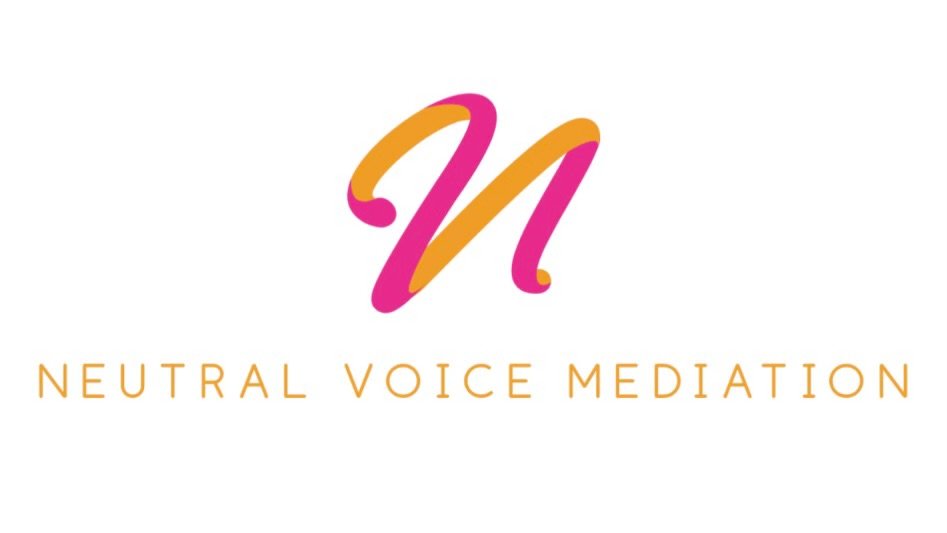Breaking Generational Trauma Through Mediation: A Path to Healing and Growth
Divorce is a difficult journey, not only for those directly involved but for everyone in the family. When families choose mediation over a courtroom battle, they demonstrate a powerful choice: a commitment to work through challenges maturely and respectfully, breaking cycles of hurt and division that can be passed down from generation to generation.
The Impact of Divorce Court on Families
Divorce court, while sometimes necessary, often brings with it a harsh, adversarial environment. Instead of a space for understanding and compromise, court proceedings emphasize winning, pitting one spouse against the other. This atmosphere, marked by tension, resentment, and division, can traumatize family members, especially children. Children who witness their parents engaged in these battles may grow up associating conflict with hostility, rather than with healthy communication and problem-solving. Over time, this experience can perpetuate cycles of pain and dysfunction in the family.
For many families, the impact of generational trauma is real. When children see their parents unable to resolve conflicts peacefully, they may grow up with similar patterns and assumptions about relationships. Often, they repeat these behaviors in their own adult lives, unknowingly passing down the hurt they observed as children. This cycle can affect not only marriages but also relationships with siblings, extended family members, and even friendships.
Divorce as Generational Trauma
Generational trauma can look different in every family, but one common theme is a legacy of difficult divorces. For some, divorce carries shame, disappointment, or feelings of failure. Others may come from families where multiple divorces and remarriages are common, leading to a sense of instability and confusion around relationships. I come from a family like this—where divorce and remarriage are recurring themes. And as a woman of color, I have seen firsthand the challenges and biases faced by families of color during divorce. Divorce has too often been a battleground, with each separation bringing disruption, pain, and a sense of failure.
In families where divorce is common, the choices our parents and grandparents made can influence us in unexpected ways. Sometimes, pride, unresolved pain, and learned adversarial approaches become ingrained, making it harder for us to break free from these patterns. But choosing mediation can disrupt this cycle.
Mediation: A Path to Break the Cycle
Mediation is not an easy path—it requires emotional intelligence, maturity, and often the willingness to let go of ego. Unlike divorce court, mediation offers a safe, neutral space for each person to voice their needs, listen to one another, and work together toward a solution. It’s a chance for each party to take control of the future, crafting an agreement that works for everyone involved, rather than letting a judge decide.
While it may feel easier to let a third party make decisions, mediation gives couples the power to shape their future in a way that best fits their family dynamics. This approach can be especially important when children are involved, as it allows parents to build a co-parenting plan with mutual respect and collaboration. Rather than creating division and resentment, mediation can foster a spirit of partnership, showing children that disagreements can be handled with grace and understanding. This shift in approach can change not only the immediate family dynamic but also the way future generations view conflict and resolution.
Building a Better Future for Generations to Come
Breaking generational trauma through mediation doesn’t mean that there won’t be pain or loss in the process. But it does mean that families are choosing to handle their separation in a way that prioritizes healing, mutual respect, and peace. When we choose mediation, we model behaviors of understanding, compromise, and respect for future generations. Children who witness this process learn that even in difficult times, there is a path forward that honors everyone involved.
By making mediation the first choice, families can start a new legacy of healthy conflict resolution. It’s an opportunity to replace pride with humility, division with connection, and resentment with healing. While mediation may seem daunting at first, it’s an investment in a brighter, healthier future.
Choosing the Path of Healing
In my role as a mediator, I’m here to help families navigate their journey through separation, divorce, and co-parenting. I bring my own experience as a woman of color from a family shaped by divorce, and I understand how cultural beliefs, traditions, and learned behaviors impact family dynamics. I know the challenges that come with breaking generational trauma, and I’m committed to providing a safe, neutral space where every family can find the support they need to heal.
Mediation is a powerful choice, one that can set a foundation for healthier relationships and open up new possibilities for future generations. If you’re ready to break the cycle, consider making mediation your first step toward a better future. Remember, true strength lies in working together to create a lasting peace, not just for today but for generations to come.

